Zebra mussels spread through Wisconsin lakes
1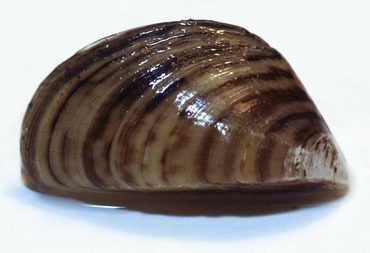
A zebra mussel
Invasive zebra mussels have now infested 130 Wisconsin lakes and rivers, announced the Wisconsin Department of Natural Resources.
The WDNR last week added ten new lakes to its list of water bodies riddled with the mussels.
Zebra mussels first entered the Great Lakes region through Lake Michigan at the beginning of the 1990s. By 1993, they had infiltrated the Bay of Green Bay and from there began infesting a number of surrounding water ecosystems, including every major water body in Northeast Wisconsin and several smaller lakes.
Zebra mussels can be a mixed blessing and a curse. They intake an enormous amount of water, roughly one liter per day, along with any suspended sediments or toxic substances within the water. Thus, they act as natural water filters and are able to make the water clearer and cleaner.
This leads to some negative consequences, though. The WDNR notes the biggest issue is they can make the water so clear that sunlight is able to reach deeper in the water and feed massive growths of weeds, which profoundly alter the aquatic ecosystem.
We also wrote a few months ago how research shows that the zebra mussels can introduce toxins, such as PCBs, into the food chain under certain circumstances. Since the zebra mussels consume tremendous amounts of water, they also absorb pollutants and thus pass it up the food chain when they’re eaten.
WDNR Aquatic Invasive Species coordinator Bob Wakeman told the Wisconsin Radio Network that Wisconsin’s lakes are actually still in relatively good shape. Of the state’s 15,000 lakes, he said 95 percent remain free of non-natives .
The WDNR, however, invests a tremendous amount of its funding into fighting the mussels and other invasive species.
“[T]he DNR spends, about $4.3 million each year on prevention and control of all aquatic invasive species,” said WDNR Aquatic Invasive Species Coordinator Brenda Nordin. “It’s a lot cheaper and economically sound to prevent aquatic invasives from coming in than to go back and try to fight them.”
The WDNR has focused on public education, since boaters are likely the means by which the zebra mussels and non-native plants can spread. Wisconsin law mandates that boaters check for plant or animal life that may be clinging to their boat’s hull, and they must flush out ballast tanks before moving to another lake.
“You need to have a clean boat when you come to the launch, and you need to have a clean boat when you leave the launch,” Wakeman said.
Zebra Mussels Invade Northeast Wisconsin [WBAY-TV] Battle continues against aquatic invaders [Wisconsin Radio Network] Image Credit: Courtesy of Michigan Sea Grant




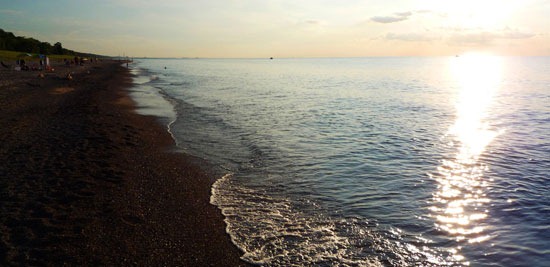
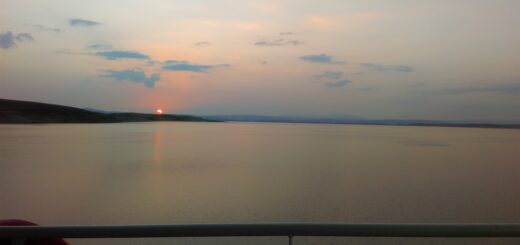
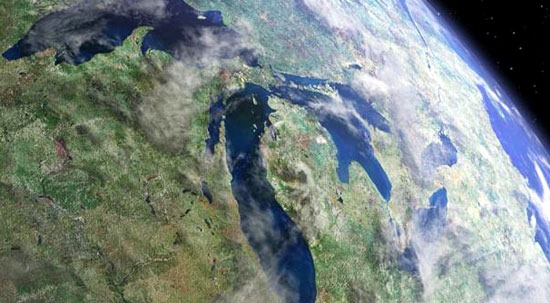
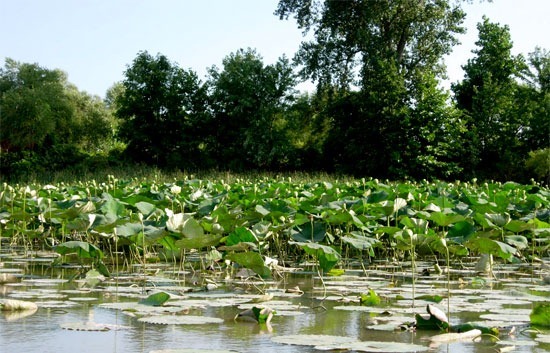



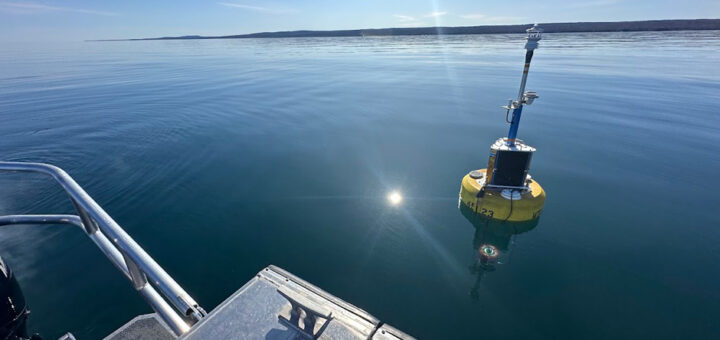
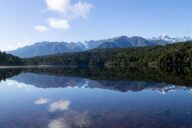
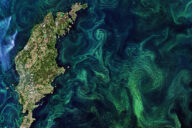
[…] mentioned before, zebra mussels can be a mixed blessing and a curse. The small mussels are filter feeders, and they […]